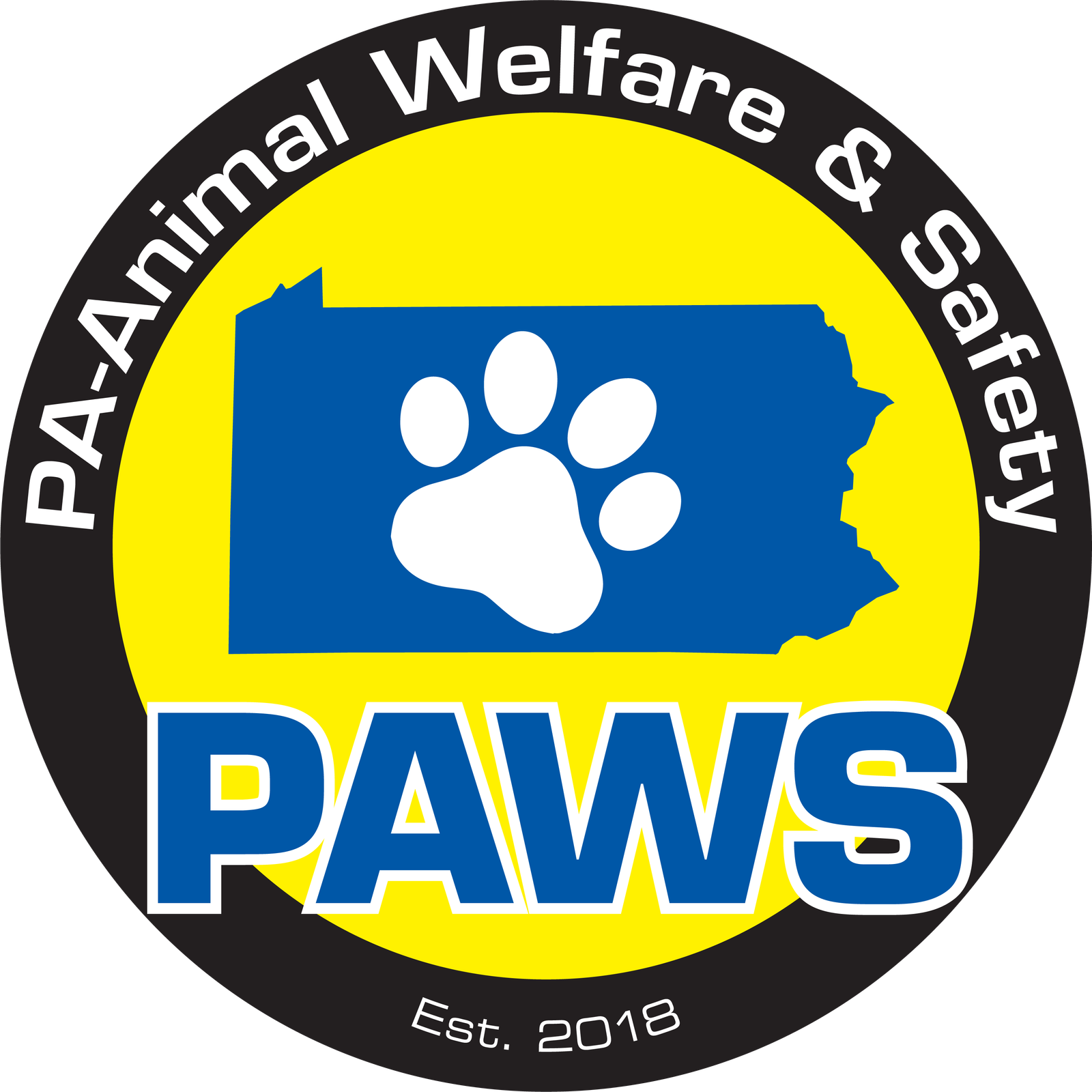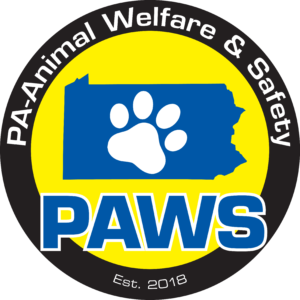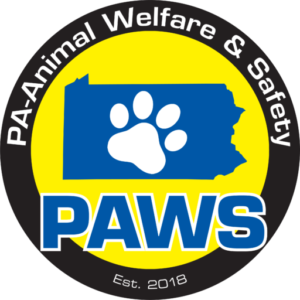It’s important to vaccinate your adults once a year. The breeding females should be vaccinated as soon as the litter is weaned. These vaccines are very important to make sure the maternal antibodies are transferred to the next litter of puppies within the first 24 hours of nursing. This is the puppies’ only form of protection until they are old enough to receive their own vaccines.
Switch the female to puppy food approximately 4 weeks into the pregnancy. Switching too early can cause puppies to have high birth weight. If she is undernourished, boost with wet canned food or raw meat. Clip the female before she gives birth if she is a non-shedding dog. Remove all the hair on her belly.
Worm her with liquid safeguard wormer (10 % suspension) at 48 days of pregnancy. Use one CC per five pounds of body weight for five days in a row.** THIS IS VERY IMPORTANT.
The ideal whelping area has a heat source in the floor. The floor temperature should be 95 degrees at birth. If the puppies are cold they will not nurse and will dehydrate and die. You can reduce a few degrees per week for the first four weeks. A puppy cannot produce its own body heat source for the first one to two weeks after birth. Ideal air temperature for puppies is 70-75 degrees; adults prefer 65-70 degrees.
You should record the puppies’ weight and temperature 30 minutes after birth. Puppies are born at 97 degrees and they gain one degree of temperature every week until they reach 101 degrees. Puppies should add their birth weight every ten days. Make sure to rectally check puppy’s temperature often and adjust floor temp or pad to maintain core body temperature of the puppies.
Administer oral calcium to the female once the first pup is born (one CC per five pounds of body weight).** This will do wonders to help her relax after birth.
Giving the female something warm to drink, like goat milk, will help her calm down. Mix her dog food with hot water and canned meat to get her to eat so she can produce enough milk. Your vet may prescribe oxytocin. Be careful on dosage, a very small amount is effective.
Be alert for acidic milk. If pups appear to be healthy but aren’t relaxed at one day old and puppies start dying you need to get treatment immediately. Some vets will recommend treating the female with Zeniquin to offset the bacteria. If she previously had issues with losing puppies (or having large litters and only raising a few puppies) consider starting when she goes into labor. You will need a prescription to purchase Zeniquin tablets. They can be purchased from A to Z Vet Supplies (800-979-2869) or from Revival Animal Health (800-786-4751).
We highly recommend having oral calcium, Zeniquin, and ASAP Paste or recovery gel on hand before your female whelps. Being proactive and stocking your kit can make the difference between frustration and success.
Also please update the upcoming events to include the Christmas Banquet at the Cellar! 
On January 2nd PAWS is hosting a members-only Christmas banquet and educational seminar. The new K.A.P program will be introduced and officially launched. A guest speaker will follow. A full course meal will be served and there will be time for conversation with fellow pet breeders. This event is free for members of PAWS. Each member can bring one guest. Additional memberships can be purchased upon arrival. All guests need to be registered before the event. You can register your group by calling 717.964.7297.








